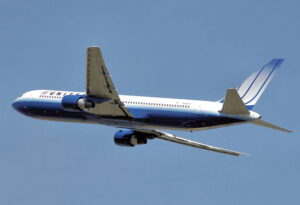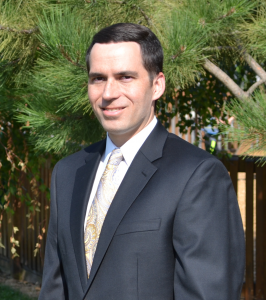
by Wilton H. Strickland
On April 9 an elderly doctor, David Dao, was forcibly removed from a United Airlines flight to make space for airline employees. The disturbing images recorded by other passengers of a screaming and bloodied Dao have generated a tidal wave of criticism, not only by the general public but also by the legal community, which appears to concur that United acted improperly and should compensate Dao handsomely.
There is a valid argument to be made to the contrary, and it’s worth considering if we are to be governed by the rule of law rather than popular outcry. What follows is not an attempt to praise United or scorn Dao. It is merely an attempt to engage in objective legal analysis.
First, it is widely asserted that United violated its Contract of Carriage by demanding that Dao leave the plane. Even if this assertion is conceded for purposes of argument, this did not entitle Dao to refuse to leave the aircraft or obligate United to transport him against its will. Instead, Dao was entitled to seek damages for breach of contract. It is a bedrock norm of American jurisprudence that parties to a contract have the right to breach it for their own convenience, so long as they compensate the other party to make him or her whole. None other than esteemed jurist Oliver Wendell Holmes, Jr., once emphasized that “[t]he duty to keep a contract at common law means a prediction that you must pay damages if you do not keep it, – and nothing else.” Oliver Wendell Holmes, The Path of the Law, 10 Harv. L. Rev. 457, 462 (1897). Holmes further stressed that a contractual obligation is NOT a moral obligation, and that contracting parties may change their minds and choose not to honor a promise. Id. at 459. So, when Dao refused to leave the aircraft upon request, he became a trespasser whom the airline had the right to remove. The result might be different if a federal regulation required United to leave Dao on board, but I am not aware of one.
Second, to the extent Dao suffered injury when being removed, it was not the employees of United who removed him. Security officers working for the Chicago Department of Aviation removed him, so they are responsible for any excessive use of force. Indeed, it appears that some of these officers have been placed on leave in the wake of the incident. It also remains unclear to what extent Dao caused or contributed to his own harm by fighting with these agents rather than cooperating with them, which further removes United from fault for Dao’s injuries.
Third, it remains debatable whether United violated the Contract of Carriage. Rule 21 states various grounds upon which United may remove a passenger, and one of these reasons is if a passenger behaves in a “disorderly, offensive, abusive, or violent” manner. My understanding is that when a flight attendant asked Dao to leave the plane, Dao began screaming and acted in a consistently disruptive manner after that. Passengers are removed from flights regularly for this sort of conduct, and there is no apparent reason Dao should be regarded differently. Yes, it appears Dao became upset because United already had decided to remove him, but if he had remained civil he would have had a much stronger legal basis to stay on board. Rule 25 also allows United to “deny boarding” to a passenger in the event the flight is “oversold.” Some have made the commonsense argument that a passenger who already has boarded cannot be denied boarding, but this is not a legal argument that resolves whether boarding may be denied either ex ante or ex post, a determination that likely comes down to court precedent and industry custom. Another question is whether the flight was “oversold,” which has its own contractual definition that may or may not have applied here. Once again, even if it did not and United breached the contract, the remedy was damages rather than refusing to leave the plane.
In conclusion, the incident was an unfortunate one that never should have gotten so far out of hand, but I personally do not see a strong legal basis for damages against United other than, at most, for breach of contract. As a matter of litigation reality, though, United probably wishes to settle this rather than roll the dice in front of a jury, which most likely will not confine itself to such nuances.


